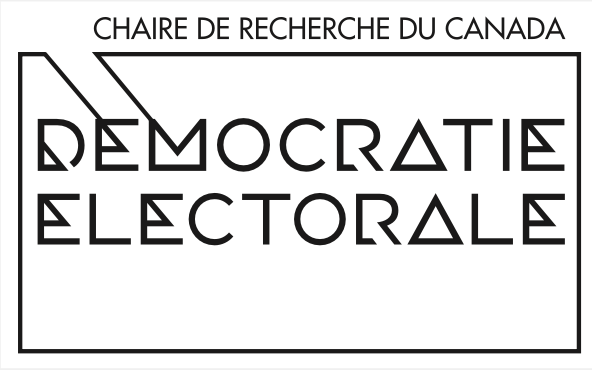Electoral Chair’s Seminar – 15 November
Public and Elite Attitudes Toward Government Paternalism
Clareta Treger – University of Toronto
Paternalistic policies, namely policies that aim to save individuals from their own behavior, are prevalent in public policy. Such policies vary in their coerciveness, ranging from mere information interventions to outright bans. Examples include cigarette labeling, sugar taxes, mandatory retirement savings, and restrictions on pornography consumption and euthanasia. My research focuses on the determinants of public attitudes toward coercive (classic) and non-coercive (nudges) paternalism. I advance The Paternalism Acceptance Model, which posits that public support is contingent on the interaction between the policy domain and the type of coercion involved. Specifically, coercive paternalism will be preferred in domains that pertain to basic needs, while non-coercive paternalism will be preferred in domains pertaining to higher-order needs. Survey experiments conducted in the US and Israel provide substantial support for the model’s predictions. Additionally, I examine the extent to which politicians and citizens see eye to eye on paternalism. Using original survey and experimental data from Israel, I compare politicians’ attitudes, politicians’ perceptions of public attitudes, and actual public preferences. The results reveal discrepancies between politicians and citizens. Contrary to the beliefs of politicians, they tend to overestimate their representativeness of public preferences and think they are slightly more supportive of coercive policies than citizens. However, citizens are actually more supportive of coercive paternalistic policies than their elected representatives. Such misalignment could result in a representation deficit and hinder the formulation of optimal policies.

This content has been updated on 8 November 2023 at 13 h 02 min.